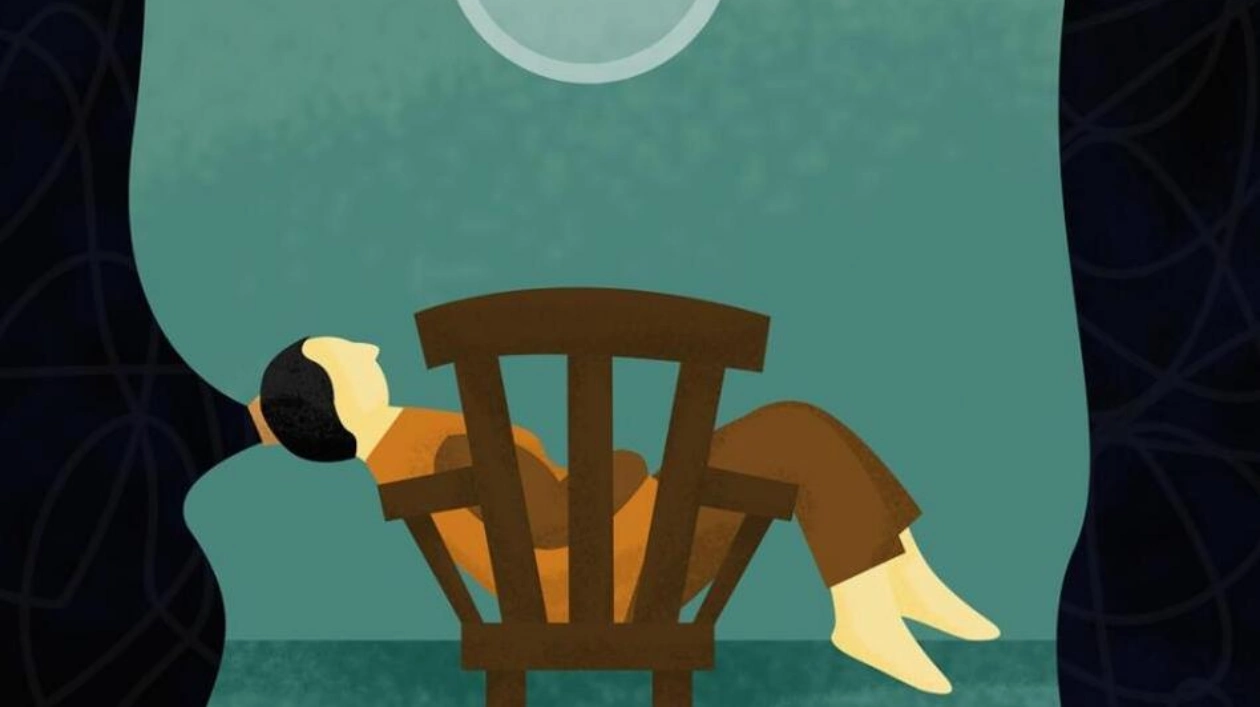Sadness, anxiety, or numbness—these emotions, often attributed to the heart, are experienced in the mind. A fleeting moment of feeling can spiral into prolonged overthinking, trapping us in a loop of emotions. Overthinking, as Dr. Jessamy Hibberd, a renowned clinical psychologist and bestselling author, explains, is a common experience that often accompanies mental health issues like depression or anxiety. Dr. Hibberd, based in the UK, will delve into this topic in January, highlighting why overthinking is a legitimate mental health concern in today’s world.
Dr. Hibberd describes overthinking as “thinking about things and believing that thinking about it will make you feel better.” However, this approach often backfires, leading to a downward spiral of negative thoughts and emotions. Overthinking keeps us stuck, preventing forward movement. Interestingly, Dr. Hibberd notes that we rarely overthink positive emotions. Instead, overthinking is often rooted in low confidence, low self-esteem, and perfectionism, where high standards make us feel constantly inadequate.
The information age exacerbates overthinking, as it fuels unrealistic expectations, fosters comparison, and disconnects us from experiences that help manage discomfort. Social media amplifies this, making it harder to escape negative comparisons. Dr. Hibberd emphasizes that overthinking can lead to social anxiety, insecurity, and self-doubt, often manifesting in physical symptoms like insomnia or breakdowns.
To combat overthinking, Dr. Hibberd proposes a five-step plan: notice the thoughts, disrupt overthinking, check the belief, redirect, and live life. She also highlights the role of trauma in overthinking, noting that while it brings challenges, it can also lead to growth. Research shows that many trauma survivors experience “post-traumatic growth,” finding positive changes and a renewed sense of purpose.
Dr. Hibberd’s approach to mental health emphasizes the importance of daily choices and small steps toward happiness and fulfillment. She believes that focusing on relationships, hobbies, and community can help redirect overthinking and lead to a more fulfilling life.
Source link: https://www.khaleejtimes.com






